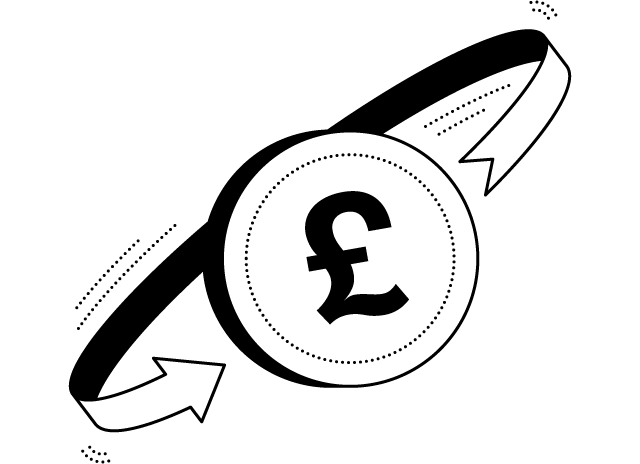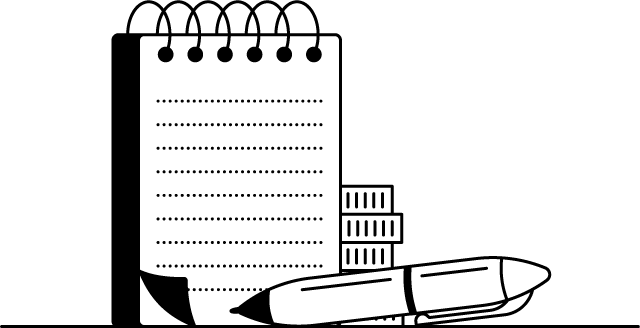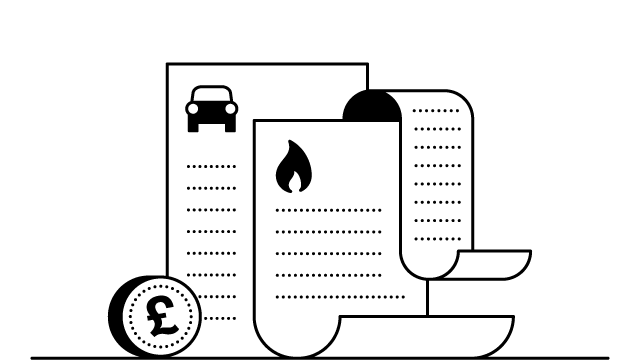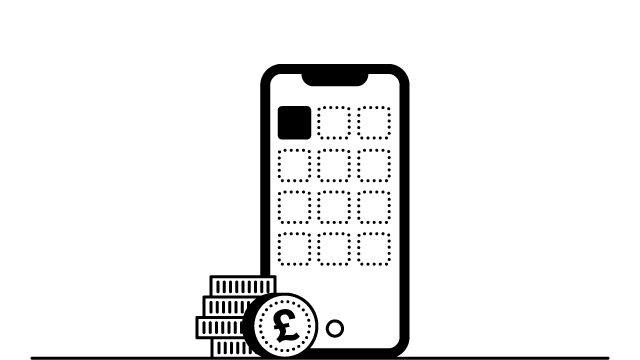Does your overdraft affect your credit score?
Having an overdraft on your account could affect your credit score in a positive or negative way. It's all about how you use it.
Explore more
What do you need to open a bank account?
Find out what you need and how you can apply with first direct.
A bank account with benefits
Get familiar with the features and benefits of a first direct bank account.
How do overdrafts work?
Get to know the ins and outs of an overdraft to help you get the best value from your account.



